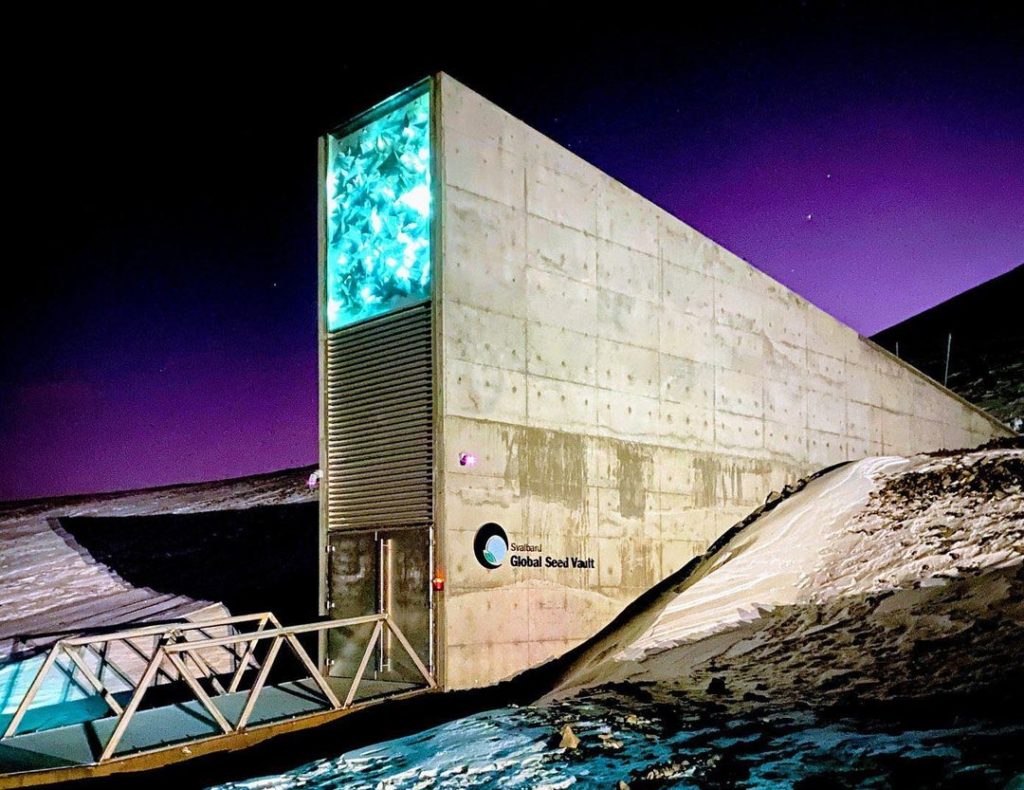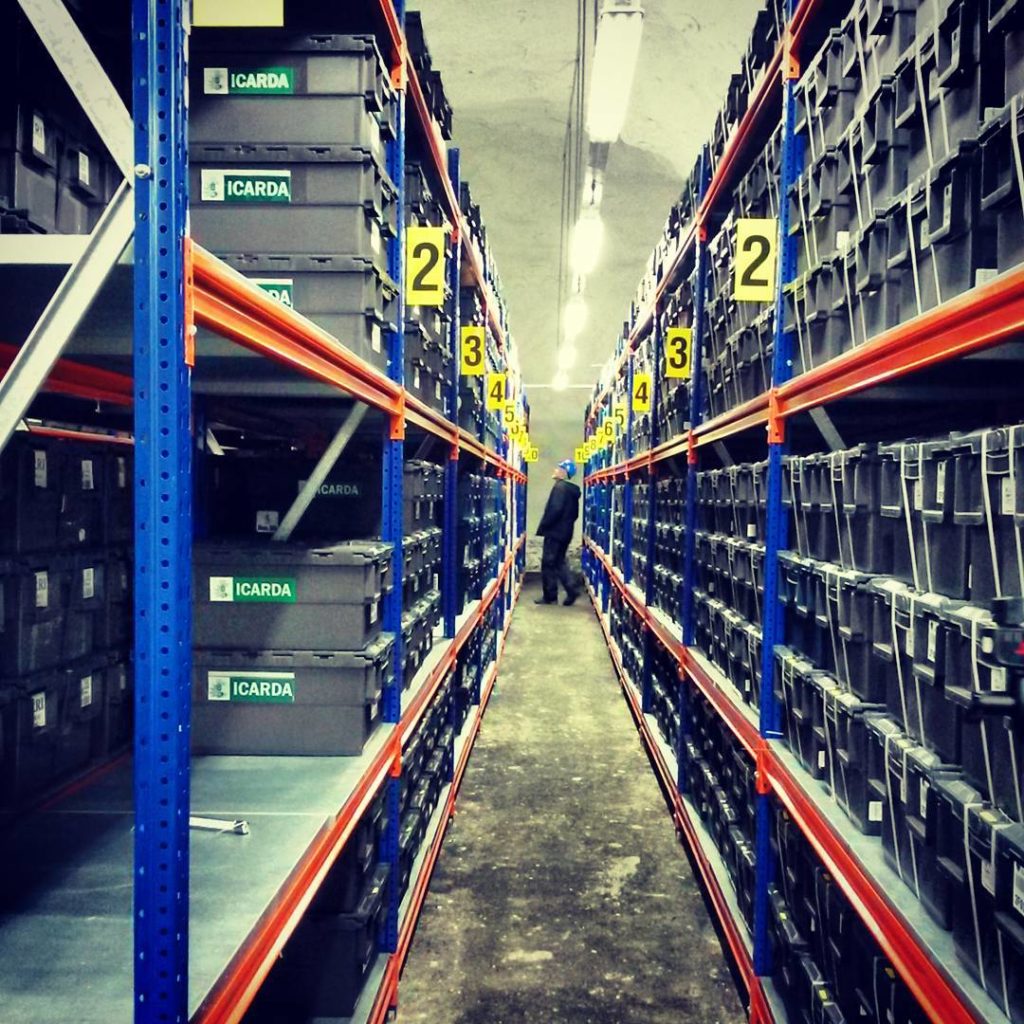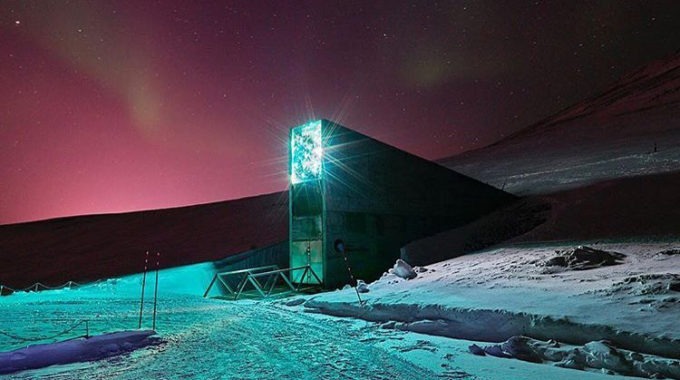Doomsday vault opens for 2021 deposits
Fruits and vegetables are probably the last things that come to mind when looking at the frozen, barren landscape surrounding the Svalbard Global Seed Vault, AKA the “Doomsday vault”. But that’s where their seeds will be deposited for long-term safekeeping this week.
This Doomsday vault is located in the Arctic Svalbard archipelago between Norway and the North Pole. It’s humanity’s largest collection of agricultural biodiversity, and one that is designed to endure the effects of time, as a safety back-up for the world’s crops. The vault houses seed samples that have distinct genetic resources of importance to food security and sustainable agriculture. The vault safeguards more than one million seed samples in total, deposited by almost 90 genebanks over the past 13 years.

The vault was opened in 2008 as a back-up for genebanks around the world to conserve duplicates of their crop diversity. In a worst-case scenario, if a genebank collection is destroyed or becomes inaccessible due to wars or extreme weather events, or if its collection is damaged due to a lack of sufficient funding or accident, the duplicate seeds will still be available for the depositor to retrieve from the seed vault and start anew.
“The Svalbard Global Seed Vault protects the work and heritage of generations of farmers going back more than 10,000 years and contains the crop diversity to adapt our agriculture to the changing climate,” says Stefan Schmitz, Executive Director of Crop Trust, which provides financial support to the vault. “We are losing the earth’s biodiversity at an accelerating rate. Conserving our crop diversity and making it available for use is a prerequisite for future food security and better food systems.”

Despite the ongoing pandemic, the vault is scheduled to open twice more this year, in May and in October. COVID-19 has put increased pressure on genebanks around the world, but these institutions are still working to deposit their seeds for safeguarding.
“Amidst this great upheaval are signs that positive change is still possible, and that the global community can continue to work together to solve urgent crises,” Schmitz says.
This week, five genebanks are depositing almost 6500 seed samples at the seed vault: AfricaRice in Côte d’Ivoire, ICRISAT in India, the Julius Kühn-Institute in Germany, SADC Plant Genetic Resources Centre in Zambia and the national genebank in Mali. Among the first deposits of 2021 are seeds of watermelon, strawberry and pumpkin, coinciding with FAO’s International Year of Fruits and Vegetables.









